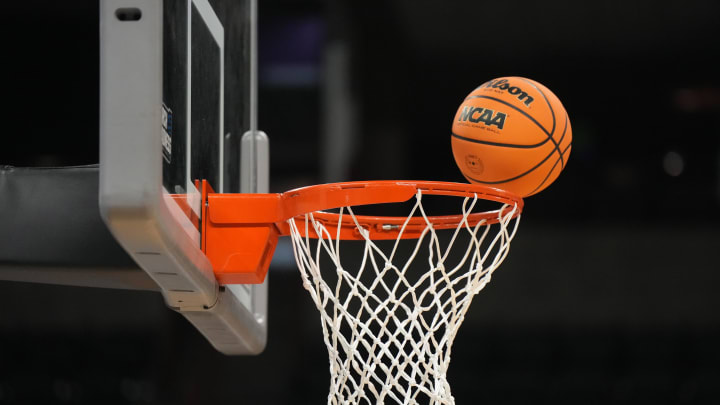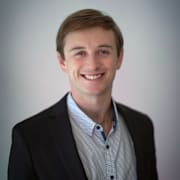National College Players Association pushes back on $2.8 billion NCAA-House settlement

The National College Players Association announced on Thursday that it would stand in opposition to the multibillion-dollar settlement in the House v. NCAA antitrust case.
With the hearing for the case scheduled a week away, the NCPA sent out a statement that referred to the settlement as “unjust” toward current and former student-athletes, according to Yahoo Sports. The pro-labor union membership organization also cited the agreement’s terms to cut out booster-led NIL collectives in favor of allowing schools to directly pay their players, which would mean curtailing millions of dollars generated by third parties, as a reason why it's against the settlement.
The proposed settlement that was reached in May would pay back nearly $2.8 billion to thousands of current and former NCAA athletes, most of which are football and men’s basketball players from power conferences, on top of introducing a revenue-sharing model in which schools will be permitted to share more than $20 million per year with their student-athletes.
The settlement has received public objection leading up to its preliminary approval hearing before California District Judge Claudia Wilken on Sept. 5. The latest pushback that’s coming from the NCPA argues that the settlement (1) allows the NCAA, the conferences and schools to collude to ban revenue sharing if student-athletes ever become considered employees, which to some is an inevitability, and (2) does not require schools to share any revenue; (3) replaces full athletic scholarships with the opportunity to offer partial ones; and (4) positions the conferences and NCAA to abolish third-party collectives.
Collectives have had to churn out big bucks for student-athletes over the past few years. An anonymous coaches poll from CBS Sports revealed that among the power conference coaches that were polled, 77% of them said their staff has been asked to pay at least $1 million in NIL for a player. One coach even said a player once asked them for $5 million to secure their enrollment.
As the NCPA made its objections public, OneTeam Partners, which has partnered with thousands of student-athletes for NIL purposes, sent a letter to football players that encouraged them to join the NCPA’s push. According to Yahoo Sports, the letter stated that players who support the NCPA will “have opportunities to lead on important issues relevant to collegiate athletics.”
If Wilken grants the preliminary approval Thursday, the plaintiffs’ lawyers will have 90 days to gather names of class members from universities and issue them a notice of the settlement. Another 90-day window is then granted for those class members to object to the settlement.
A final approval for the settlement isn’t expected before January, according to Yahoo Sports.
Many expect student-athletes to be considered employees at some point in the future after a U.S. appeals court ruled in July that college athletes whose efforts benefit their schools may qualify as employees deserving of pay under federal wage-and-hour laws. The court said a test would have to be developed to differentiate students who compete for fun from the ones whose effort “crosses the legal line into work.” The Division-I athletes behind the suit seek modest hourly wages similar to those of their peers in work-study programs.
